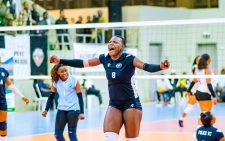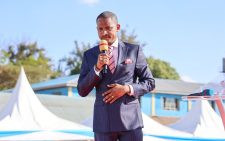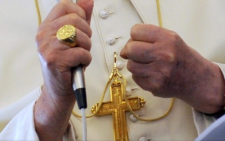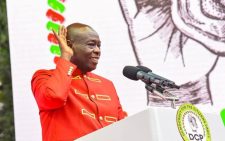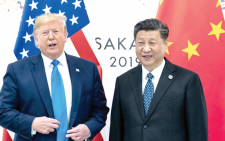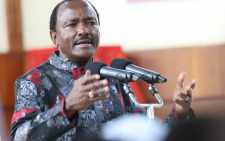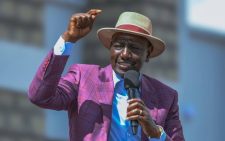Uncouth politicians lack authority to lecture media

When Seme MP James Nyikal takes the floor of the National Assembly to pontificate on health matters, few would doubt his authority and learning on the subject.
When Rarieda MP Otiende Amollo contributes on the Constitution, his colleagues listen to him. He helped write the 2010 Constitution. There is a reason why Majority Leader Kimani Ichung’wa and Nominated MP John Mbadi reduced the rest of their colleagues to mere voters during debate on the Financial Bill.
The 33-year-old Molo MP Kuria Kimani who chairs the National Assembly Committee on Finance and Planning is immensely talented.
Speaker Moses Wetang’ula has earned his stripes in knowledge of the law. Millie Odhiambo is a distinguished lawyer. Makau Mulu is a solid economist. Senator Enoch Wambua is a respected journalist while the bull fighter from Kakamega, Senator Boni Khalwale is associated with gynaecology.
The proposition here is that these leaders have earned authority in their fields that can inform legislation. Nobody purports to lecture them on these matters.
The major concern is that all MPs have become experts in journalism. Scribes have become punching bags by school drop-outs, wash-wash ne’er-do-wells, academic certificate forgers and ex-highway robbers.
Their roles during Committee of the Whole House when solid law-making takes place is well-known.
As President William Ruto said, it is time to call each other out. In many countries, journalism is known as the Fourth government.
Our responsibility is to speak truth to power and call action to social and public good as taught in school guided by editorial policies, code of conduct, values and ethics under a vigilant regulator.
Through our training, experience and interactions we have built a staggering volume of knowledge many of our critics cannot begin to fathom.
If the vacuous debates and the underwhelming lack of depth in our legislative assemblies were to be a measure, many of our MPs cannot hold a candle to many journalists we know, at least in terms of intellectual rigour. We know a whole hell of foul-mouthed MPS who can barely speak in English but have this self-assigned, misplaced audacity to throw expletives at the media.
Some of us still believe there is room for decent engagement between the political elite and the media. This is possible in an environment of mutual respect and responsibility. Kenyan media has an in-built reliance mechanism inherited from the retired veterans of the trade who still bark into newsrooms from out there reminding editors of the need to stay the course.
Politicians believe that journalists are their enemies. As veteran American journalist Malcolm Browne notes in his book Muddy Boots and Red Socks, there is a perception that journalists derive satisfaction from destroying the good names of good people.
The New York Times alumni who one politician once described as “a panty-waisted liberal sensationalist,” won the Pulitzer Prize for his coverage of the Vietnam War.
He reflects on the silences around the trade. “Most of us are not drunks, plagiarists, or sybarites and we don’t sensationalise stories to “sell papers (indeed publishers survive by selling advertisements, not papers). Our scoops don’t make us rich and we take no particular pleasure from character assassination,” he writes. “If we are sometimes less than reverent of the symbols other people cherish—flags, yellow ribbons, medals, hymns, wealth, motherhood, prizes, titles- I doesn’t mean we respect nothing. More than most people we admire honesty and courage and we know how rare those qualities are.
If we sneer at hyperbole and mawkish sentiment that permeate most forms of communication, it is because journalists, more than many other people, spend their lives in the caustic bleach of reality.”
